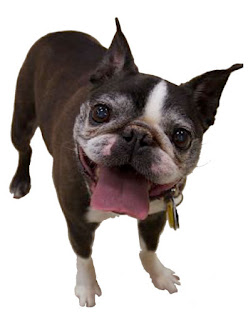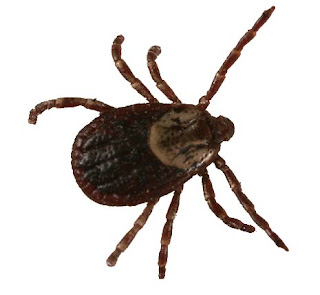Senior Care
Frequently Asked Questions About Senior Pets:
Thanks to many medical advances, and improved pet care, our pets are living longer than ever before! As our pets age, different ailments can affect their quality of life. which we can help alleviate to make them more comfortable.
When are our pets considered senior? Smaller breed dogs generally live longer than the larger breeds and cats tend to be with us longer than dogs. Here is a brief breakdown.
Dog Years to Human Years Comparison
Cat Years to Human Years Comparison
What kind of health issues may my older pet have? Older pets can have many of the same problems we see in older people including:
Veterinary Exams: Once a senior, twice yearly exams are more important that ever! Catching and delaying the onset and progression of medical issues is the best way to keep your pet in their best health!
Laboratory Testing: When your pet reaches their senior years, routine blood testing is recommended. Normal results provide a “baseline” for future comparison and subtle changes in blood work in the “outwardly healthy” patient may signal the presence of underlying disease and treatment can be started sooner.
Recommended blood testing includes a CBC (complete blood count), blood chemistry panel, and in some cases a thyroid panel. Additional tests such as an urinalysis may also be suggested.
Nutrition: Since older pets have different nutritional requirements, they may benefit from diets made specifically for older bodies. These diets pay special attention to weight control and reduce consumption of nutrients that are risk factors for the development of diseases, as well as organ or age related changes.
Exercise: We want to keep our pets physically and mentally active. You can adjust the amount and form of exercise your pet does based on their health.
Some warning signs to watch for in senior pets:
American Veterinary Dental College (AVDC)
Thanks to many medical advances, and improved pet care, our pets are living longer than ever before! As our pets age, different ailments can affect their quality of life. which we can help alleviate to make them more comfortable.
When are our pets considered senior? Smaller breed dogs generally live longer than the larger breeds and cats tend to be with us longer than dogs. Here is a brief breakdown.
 |
| Faneuil |
- 7 dog yrs sm/ med - 44-47 human yrs
- 10 dog yrs sm/ med - 56-60 human yrs
- 18 dog yrs sm/ med - 76-83 human yrs
- lg/ very lg - 93-115 human yrs
- 20 dog yrs sm/ med 96 - 56-105 human yrs
- lg - 120 human yrs
Cat Years to Human Years Comparison
- 7 cat yrs - 45 human years
- 10 cat yrs - 58 human years
- 18 cat yrs - 78 human years
- 20 cat yrs - 98 human years
What kind of health issues may my older pet have? Older pets can have many of the same problems we see in older people including:
- Kidney and Liver disease
- Diabetes
- Senility
- Arthritis and Weakness
- Cancer
Veterinary Exams: Once a senior, twice yearly exams are more important that ever! Catching and delaying the onset and progression of medical issues is the best way to keep your pet in their best health!
Laboratory Testing: When your pet reaches their senior years, routine blood testing is recommended. Normal results provide a “baseline” for future comparison and subtle changes in blood work in the “outwardly healthy” patient may signal the presence of underlying disease and treatment can be started sooner.
Recommended blood testing includes a CBC (complete blood count), blood chemistry panel, and in some cases a thyroid panel. Additional tests such as an urinalysis may also be suggested.
Nutrition: Since older pets have different nutritional requirements, they may benefit from diets made specifically for older bodies. These diets pay special attention to weight control and reduce consumption of nutrients that are risk factors for the development of diseases, as well as organ or age related changes.
Exercise: We want to keep our pets physically and mentally active. You can adjust the amount and form of exercise your pet does based on their health.
Some warning signs to watch for in senior pets:
- Bad Breath
- Increased thirst and/ or urination
- Changes in eating habits and/ or weight loss or gain
- Weakness/ lameness/stiffness
- Coughing/ exercise intolerance
- Vomiting/ diarrhea
 |
| 176 River Road Andover, MA 01810 www.riverroadveterinaryhospital.com |










